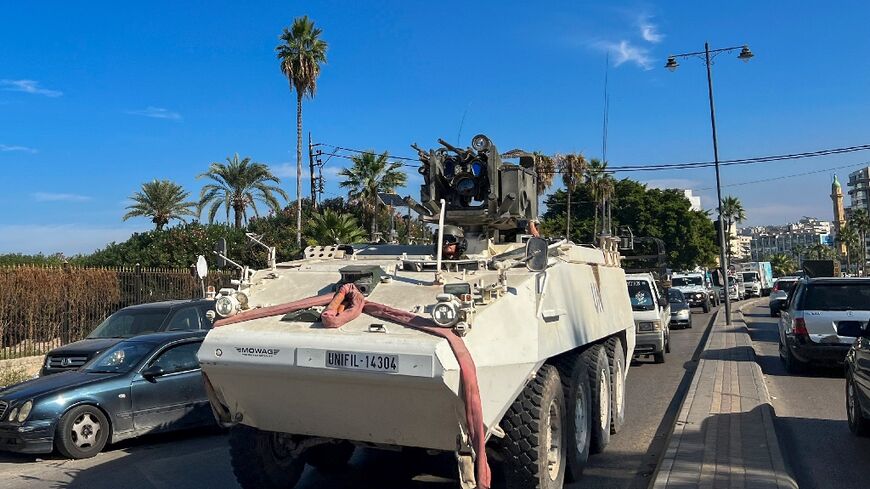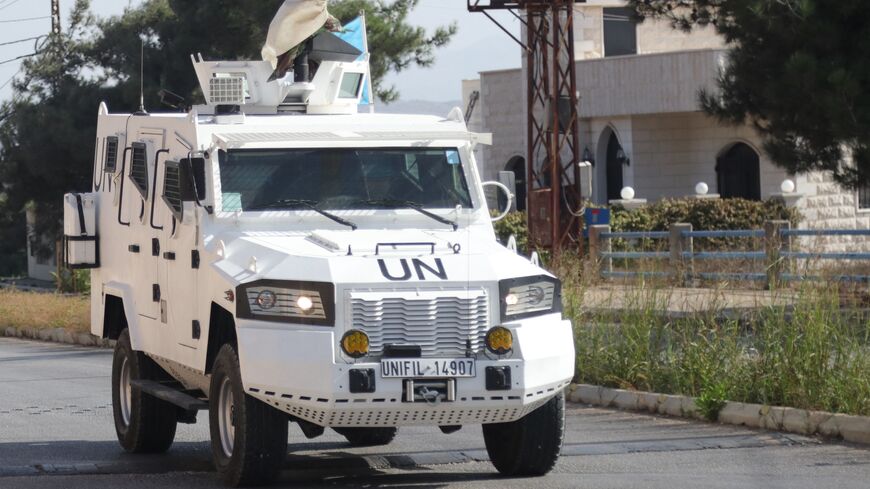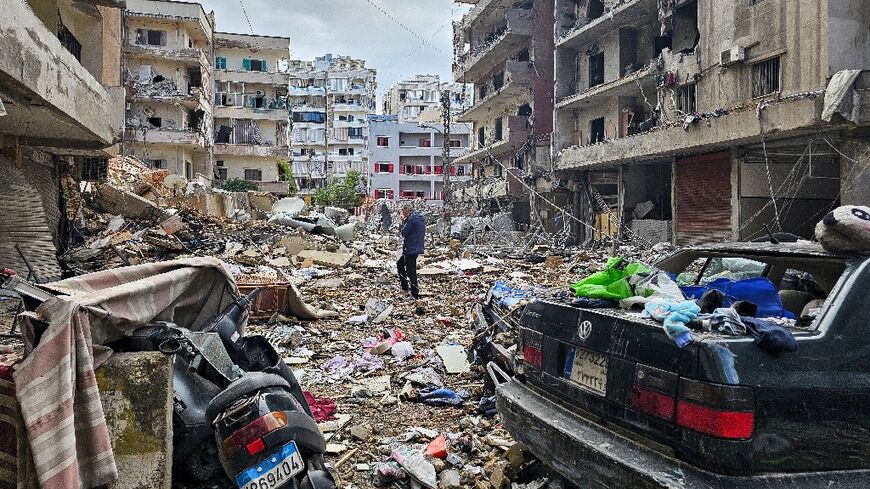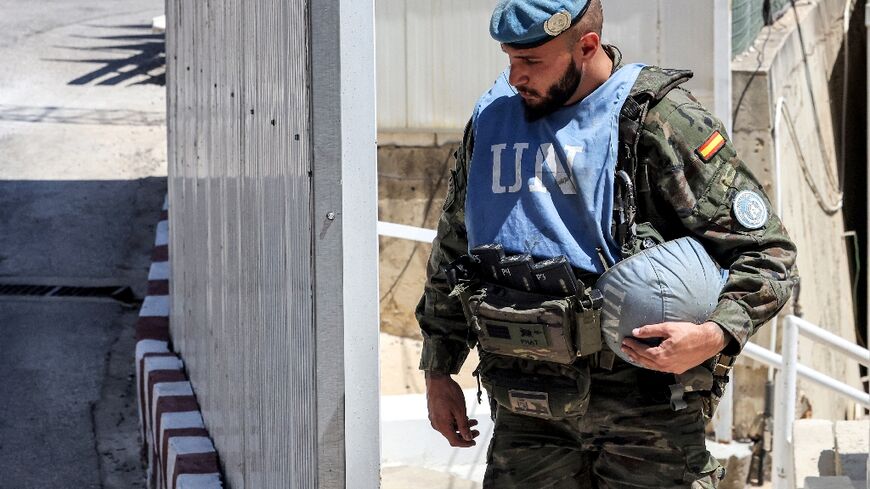Israel-Hezbollah war: what is UN resolution 1701?
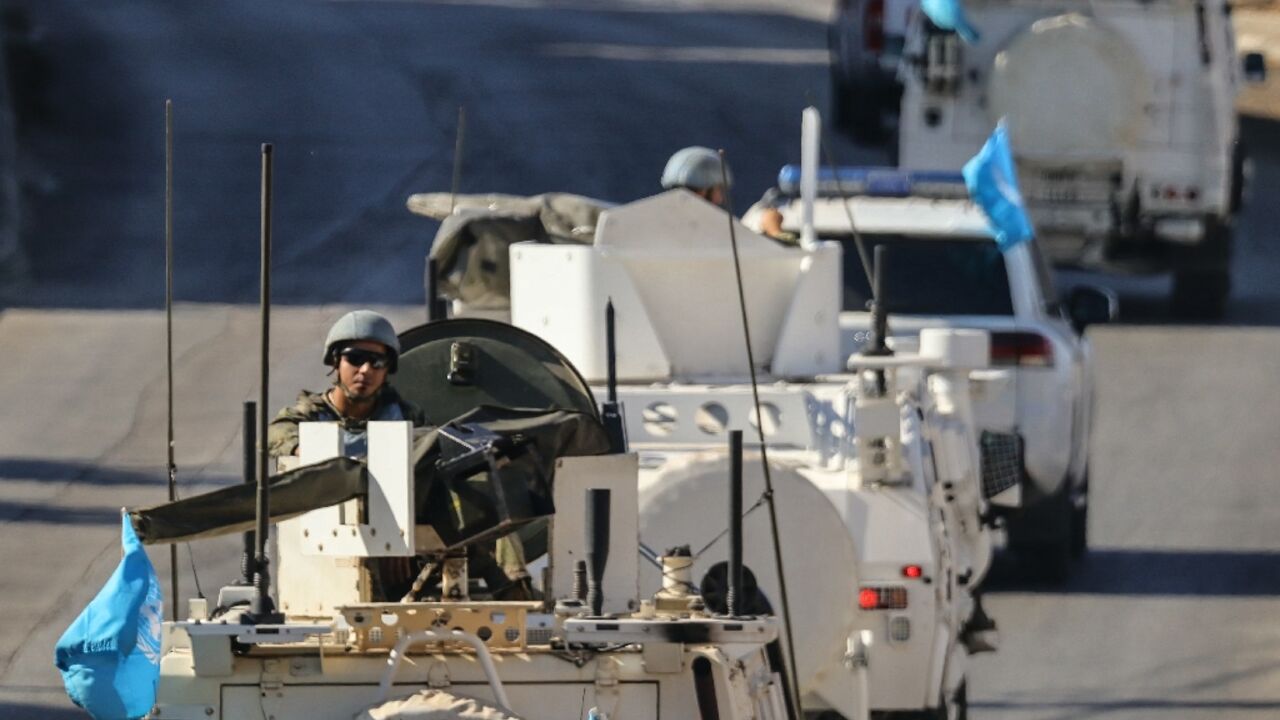
The United States has said a UN Security Council resolution that ended Israel's war with Hezbollah in 2006 could form the basis of a new ceasefire, though it would need to be better enforced.
What is resolution 1701, and what problems were there with its enforcement?
- What does the text say? -
UN Security Council Resolution 1701 was voted in unanimously to end the 2006 war between Israel and Hezbollah, which killed around 1,200 people in Lebanon, most of them civilians, and 160 in Israel, most of them soldiers.
The text called for the deployment of only Lebanese government forces and United Nations peacekeeping force UNIFIL in areas south of Lebanon's Litani River near the Israeli border.
Resolution 1701 also includes provisions aimed at restoring Lebanon's sovereignty over its territory, which would require Hezbollah to surrender its weapons.
Hezbollah is the only group in Lebanon that refused to disarm following the 1975-1990 war, and its arsenal is widely considered to be far bigger and more powerful than the military's.
- What is the Blue Line? -
UNIFIL peacekeepers have been deployed in Lebanon since Israel invaded in 1978.
Since 2006, they have been tasked with ensuring that resolution 1701 is upheld.
They monitor the 120-kilometre (75-mile) Blue Line demarcated by the United Nations following Israel's withdrawal from southern Lebanon in 2000.
Under 1701, both Israel and Lebanon are expected to warn UNIFIL in advance when they wish to undertake any activities close to the Blue Line.
"Any unauthorised crossing of the Blue Line by land or by air from any side constitutes a violation of Security Council resolution 1701," according to the UN mission.
- What has happened since? -
While Hezbollah should have pulled its fighters out of areas of Lebanon south of the Litani River, its militants have remained in the flashpoint area, long a stronghold of the group.
Experts say the group has also maintained a network of tunnels in the hilly area, while sporadic clashes have occurred over the years.
In 2020, the UN asked Lebanon for access to tunnels under the Blue Line, but peacekeepers were never given access.
Following Hamas's attack on October 7, 2023, Hezbollah began low-intensity cross-border strikes into Israel in support of its Palestinian ally.
The Israeli military hit back, and the ensuing near-daily exchange of fire forced tens of thousands of people on both sides to flee their homes.
After nearly a year of war in Gaza, Israel shifted its focus to Lebanon, vowing to fight Hezbollah until its northern border is secure and until the displaced can return home.
It launched a massive air campaign on Hezbollah strongholds around Lebanon, and on September 30 sent ground troops across the border to battle Hezbollah fighters in the south.
The Israel-Hezbollah war has also thrust UNIFIL onto the frontline, with peacekeepers accusing Israel of "deliberately" demolishing one of its observation towers and a fence at Marwahin in southern Lebanon.
It has also accused the Israeli military of "repeatedly" and "deliberately" firing on its positions.
